Curriculum Subjects
At Strood Academy Sixth Form we provide a wide curriculum which offers over 20 Level 3 courses, in both academic and vocational pathways.

At Strood Academy Sixth Form we provide a wide curriculum which offers over 20 Level 3 courses, in both academic and vocational pathways.

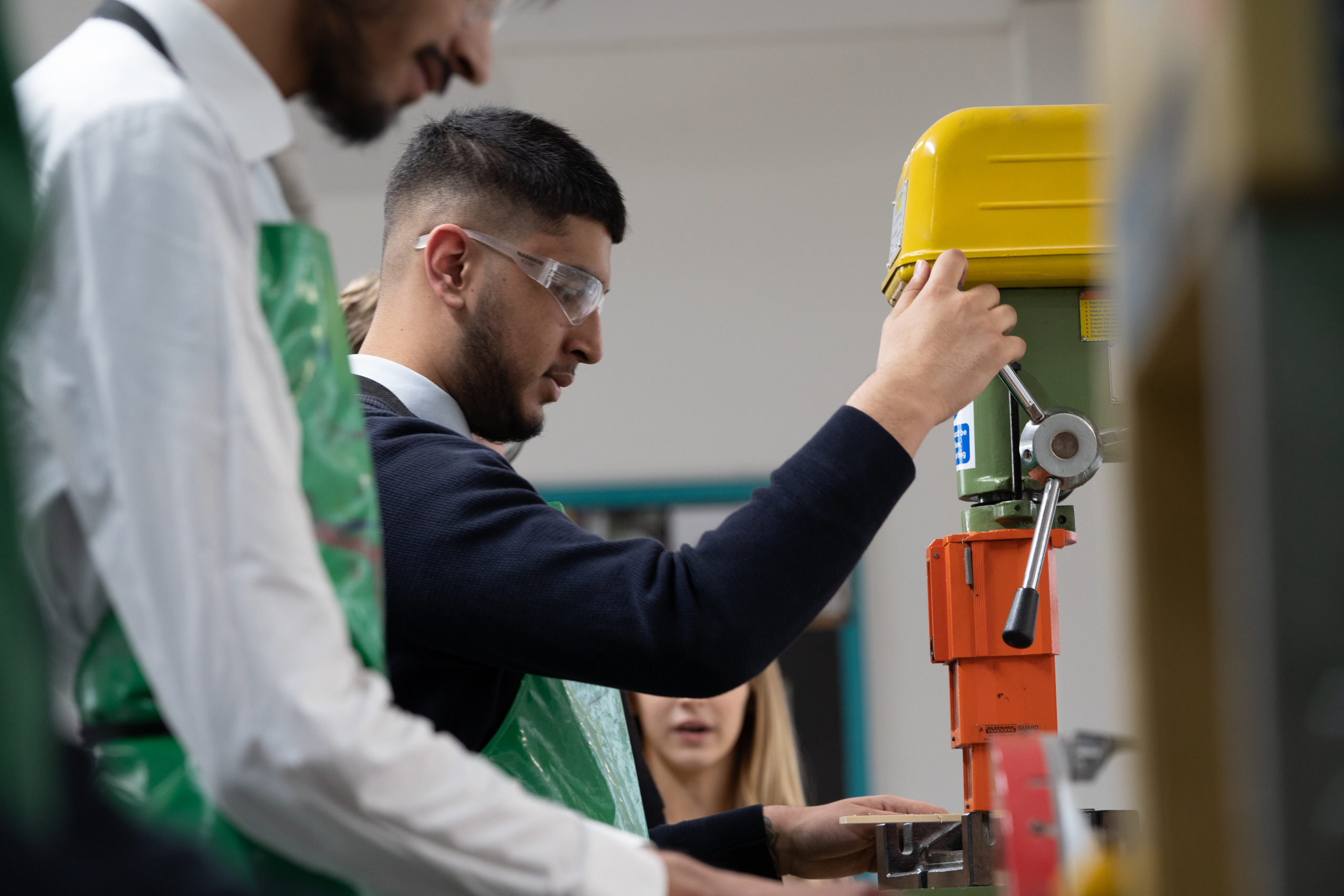
Course Duration
2 Years
Entry Criteria
Grade 4 in maths
Grade 4 in English (language or literature)
Grade 5 in a DT subject
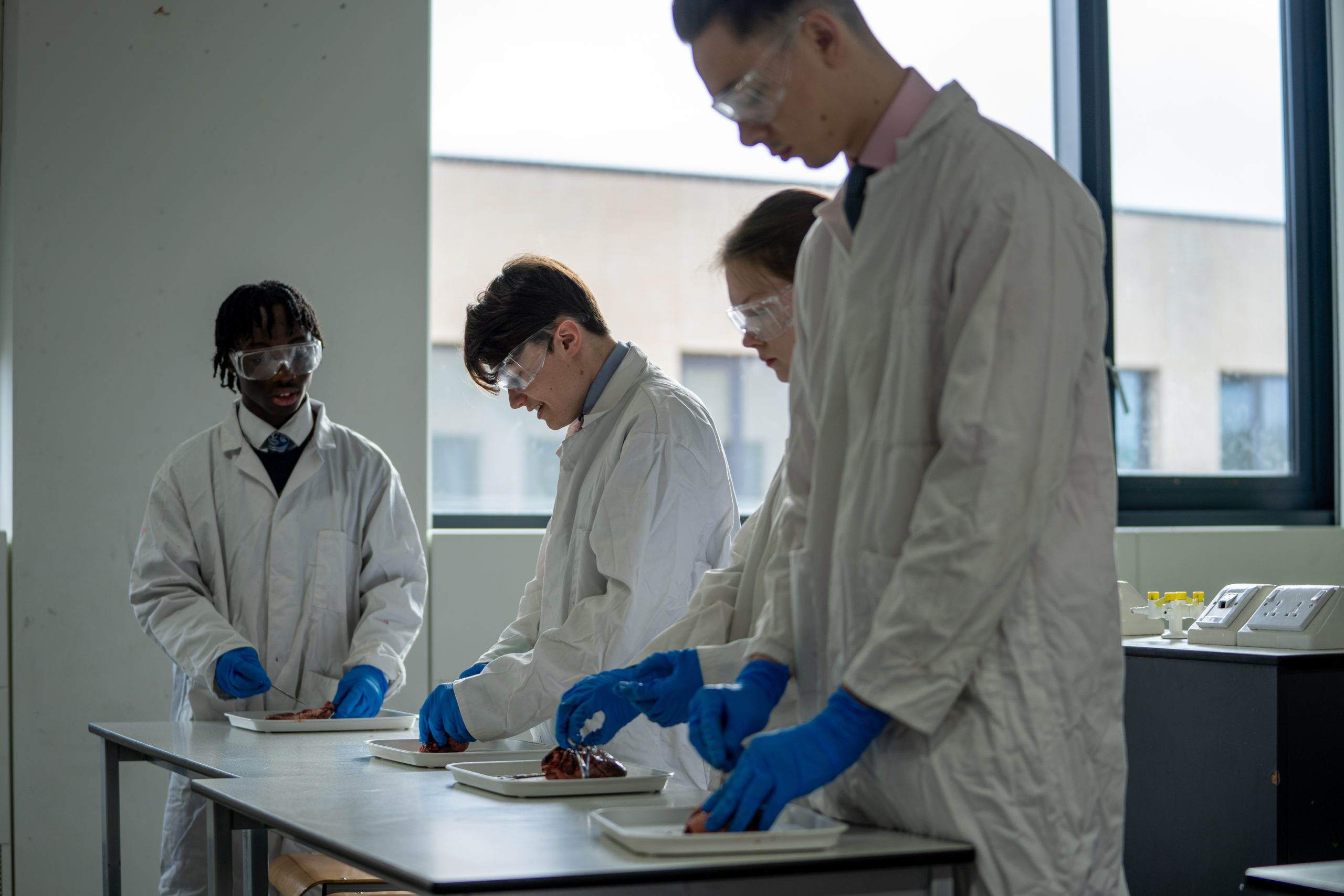
Course Duration
2 Years
Entry Criteria
Grade 6-6 in combined science or grade 6 in biology
Grade 5 in maths
Grade 5 in English (language or literature)
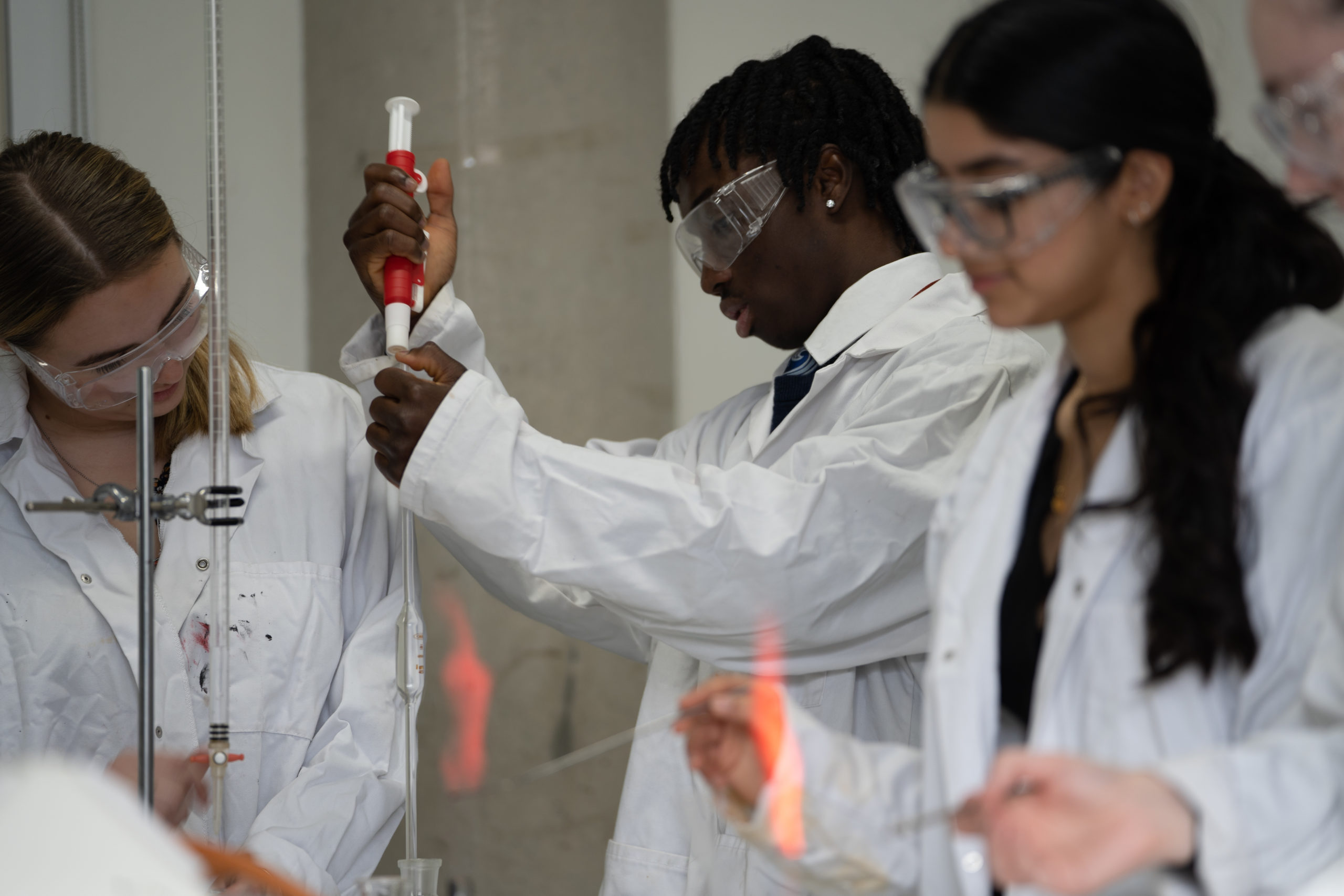
Course Duration
2 Years
Entry Criteria
Grade 6-6 in combined science or grade 6 in chemistry
Grade 6 in maths
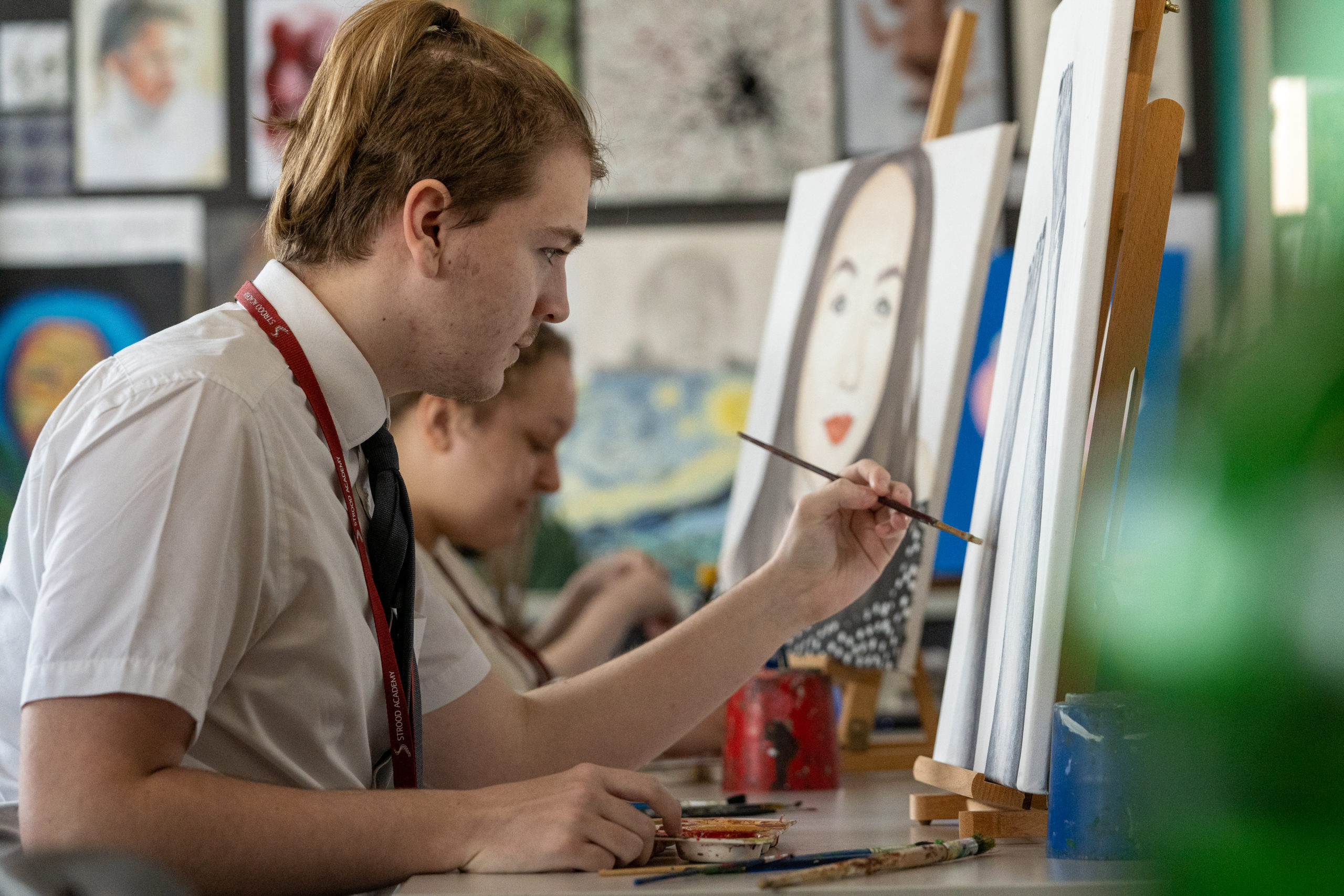
Course Duration
2 Years
Entry Criteria
Grade 6 in art
Grade 4 in English (language or literature)
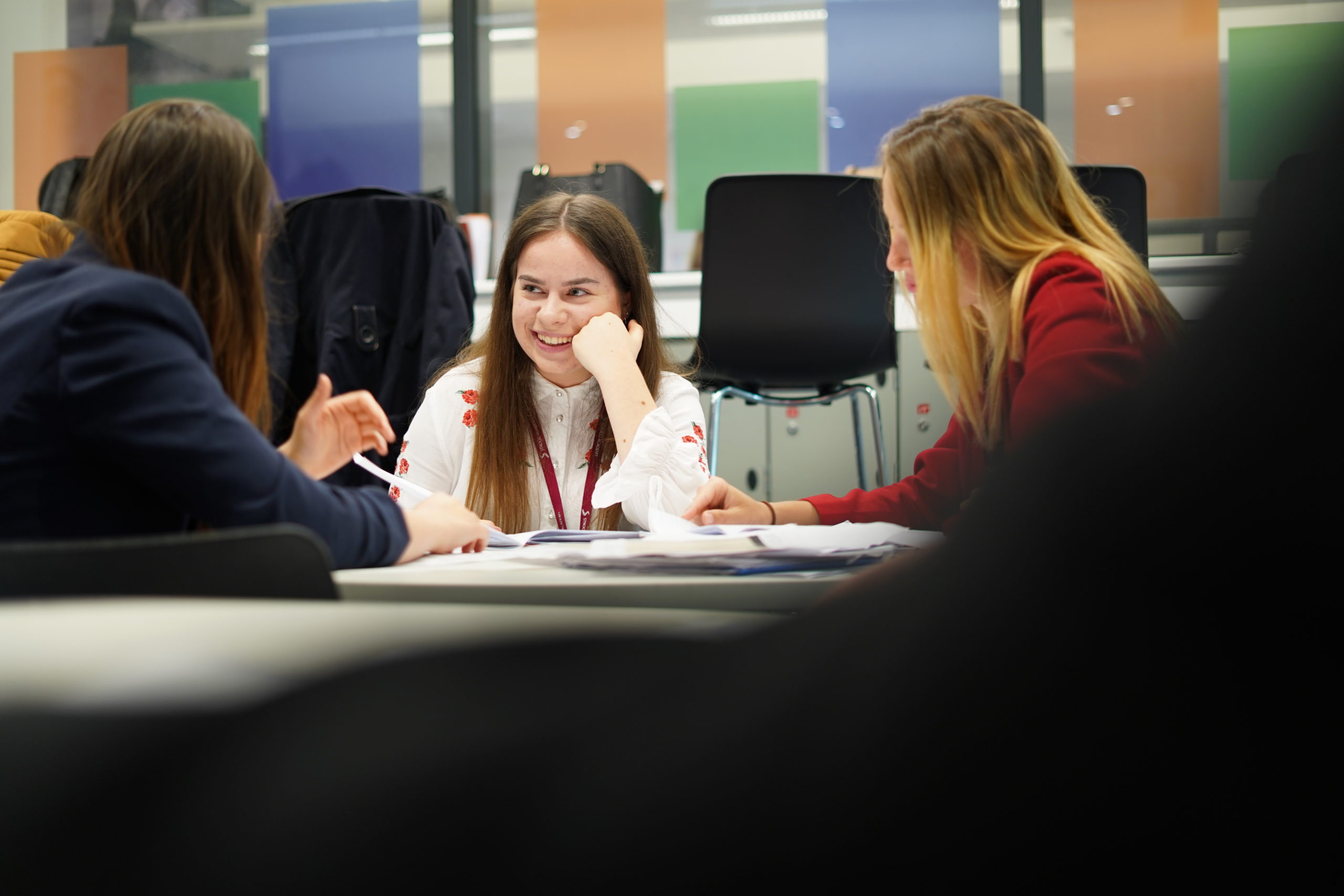
Course Duration
2 Years
Entry Criteria
Grade 7 in maths
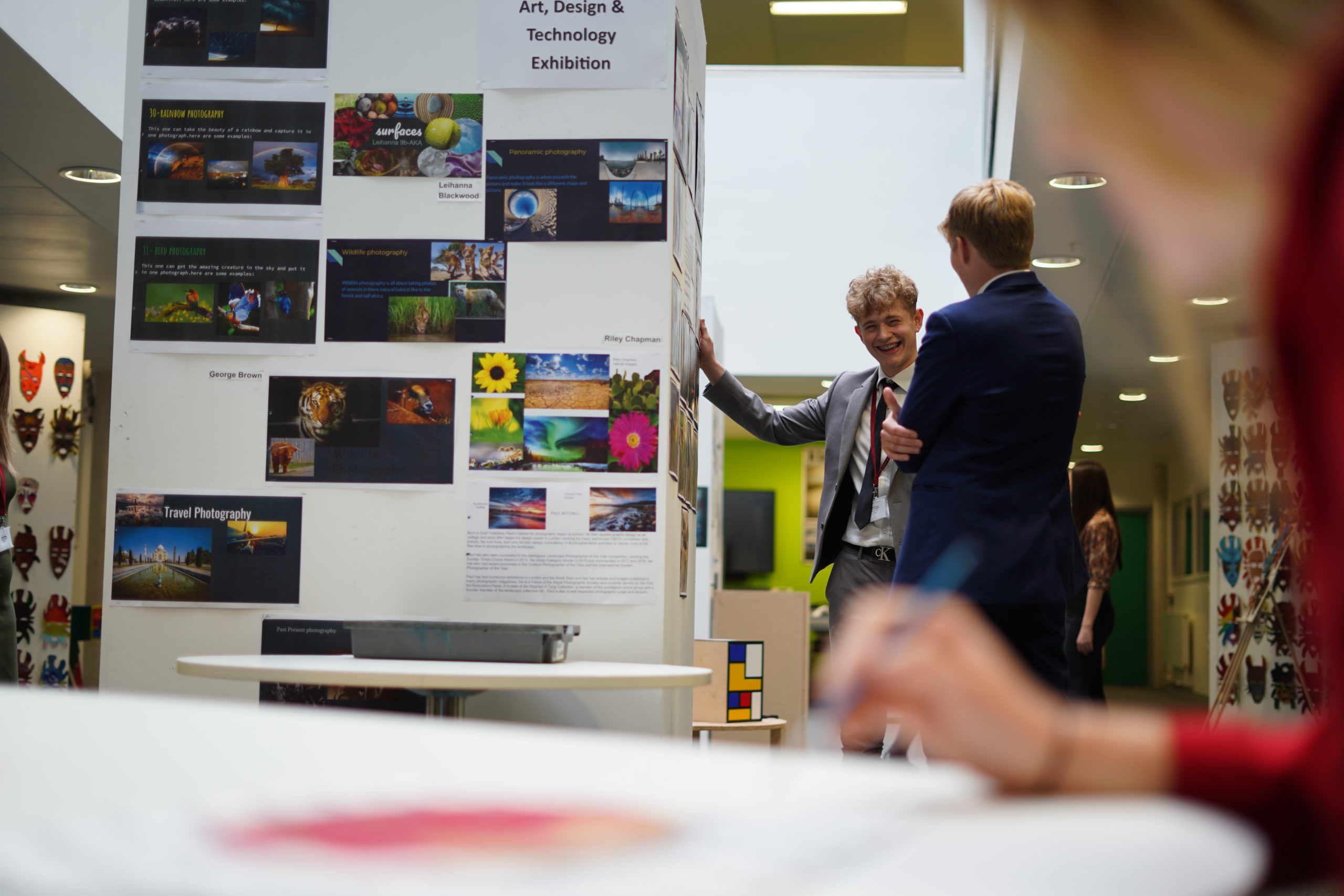
Course Duration
2 Years
Entry Criteria
Grade 5 in a DT subject
Grade 4 in English (language or literature)
Grade 4 in maths

Course Duration
2 Years
Entry Criteria
Grade 6 in English (language or literature)
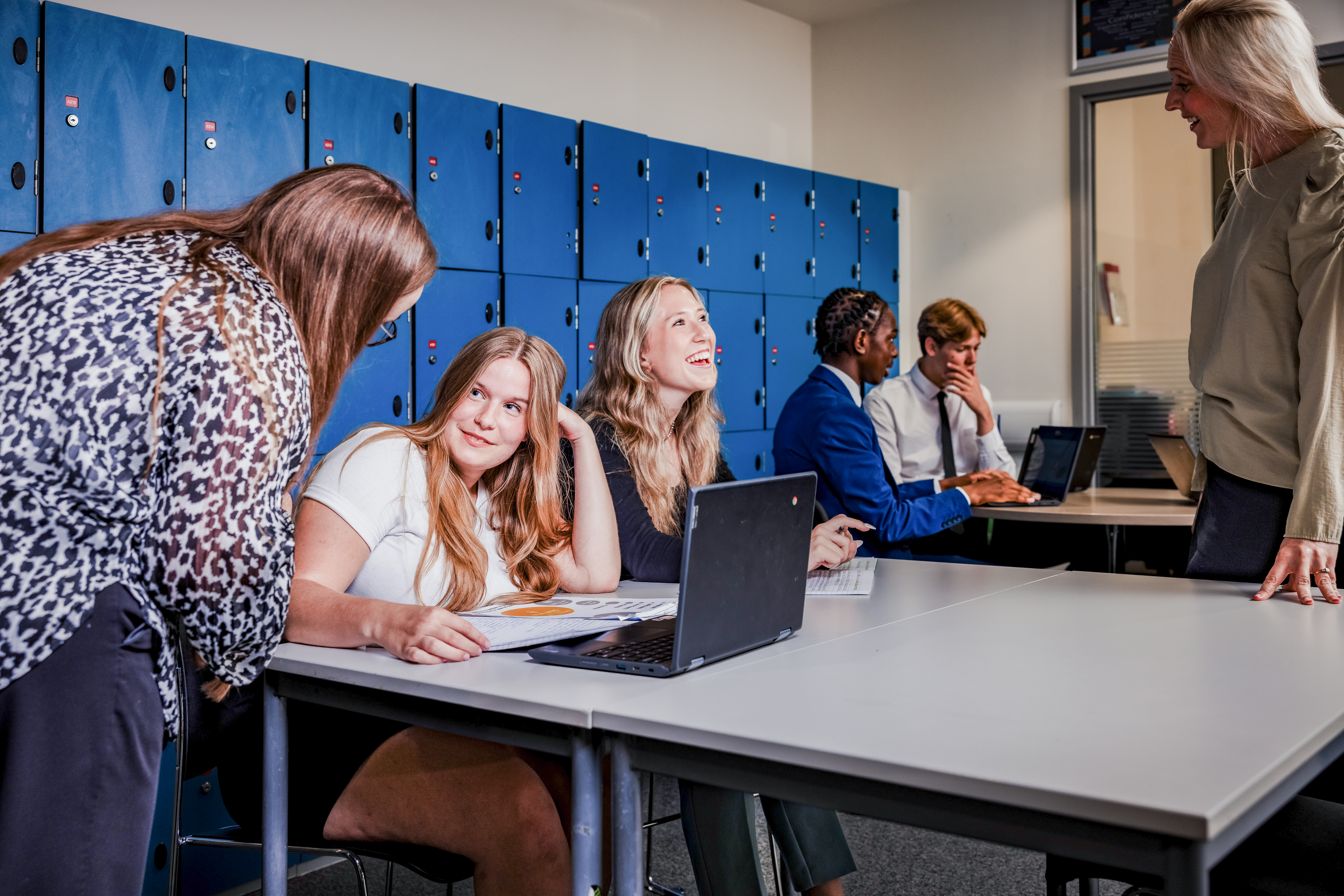
Course Duration
2 Years
Entry Criteria
Grade 5 in media studies or grade 5 in English (language or literature)

Course Duration
2 Years
Entry Criteria
Grade 5 in geography
Grade 5 in English (language or literature)
Grade 4 in maths

Course Duration
2 Years
Entry Criteria
Grade 5 in English (language or literature)
Grade 5 in maths
Grade 5 in an essay-based subject (e.g. history) if studied
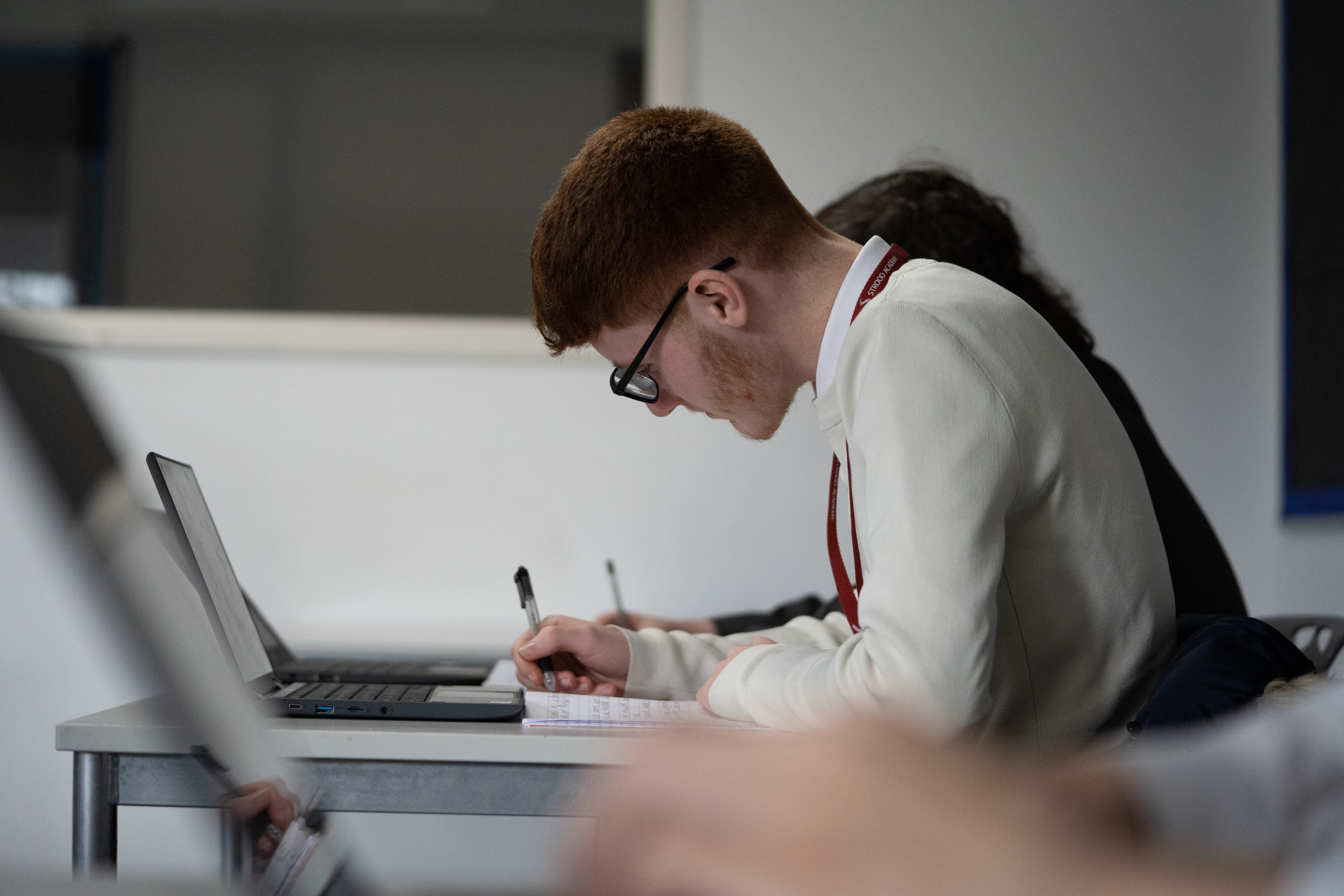
Course Duration
2 Years
Entry Criteria
Grade 5 in history
Grade 5 in English (language or literature)

Course Duration
2 Years

Course Duration
2 Years
Entry Criteria
Grade 5 in English (language or literature)

Course Duration
2 Years
Entry Criteria
Grade 5 in English (language or literature)

Course Duration
2 Years
Entry Criteria
Grade 5 in English (language or literature)

Course Duration
2 Years
Entry Criteria
Grade 5 in English (language or literature)
Grade 5 in maths
Grade 5 in an essay-based subject (e.g. history) if studied
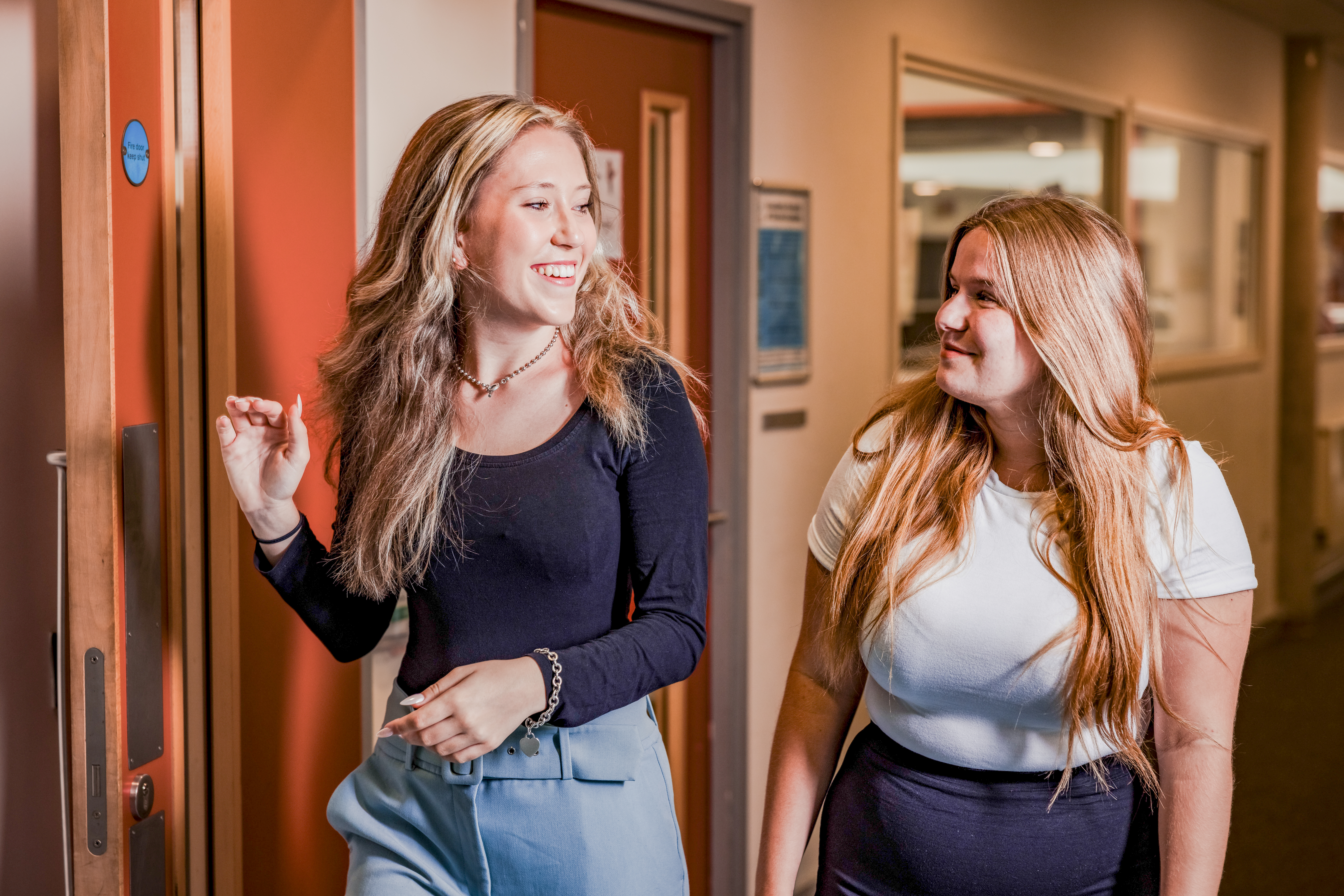
Course Duration
2 Years
Entry Criteria
Grade 5-4 in combined science
Grade 4 in maths

Course Duration
2 Years
Entry Criteria
Grade 4 in English (language or literature)
Grade 4 in maths
Level 2 merit in Level 2 BTEC business or BTEC enterprise or grade 4 in GCSE business

Course Duration
2 Years
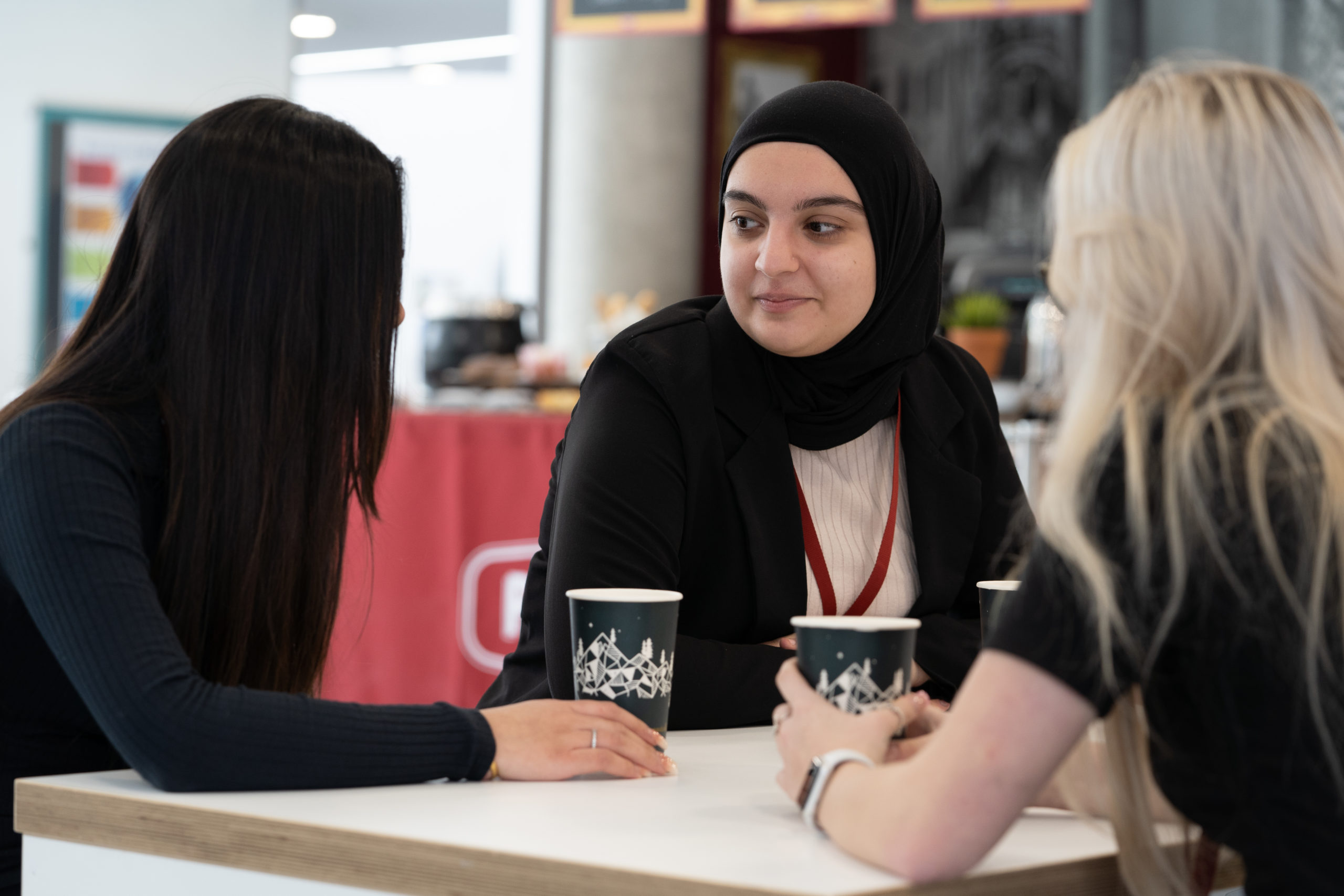
Course Duration
2 Years
Entry Criteria
Level 2 merit in Level 2 BTEC health and social care or grade 4-4 in combined science
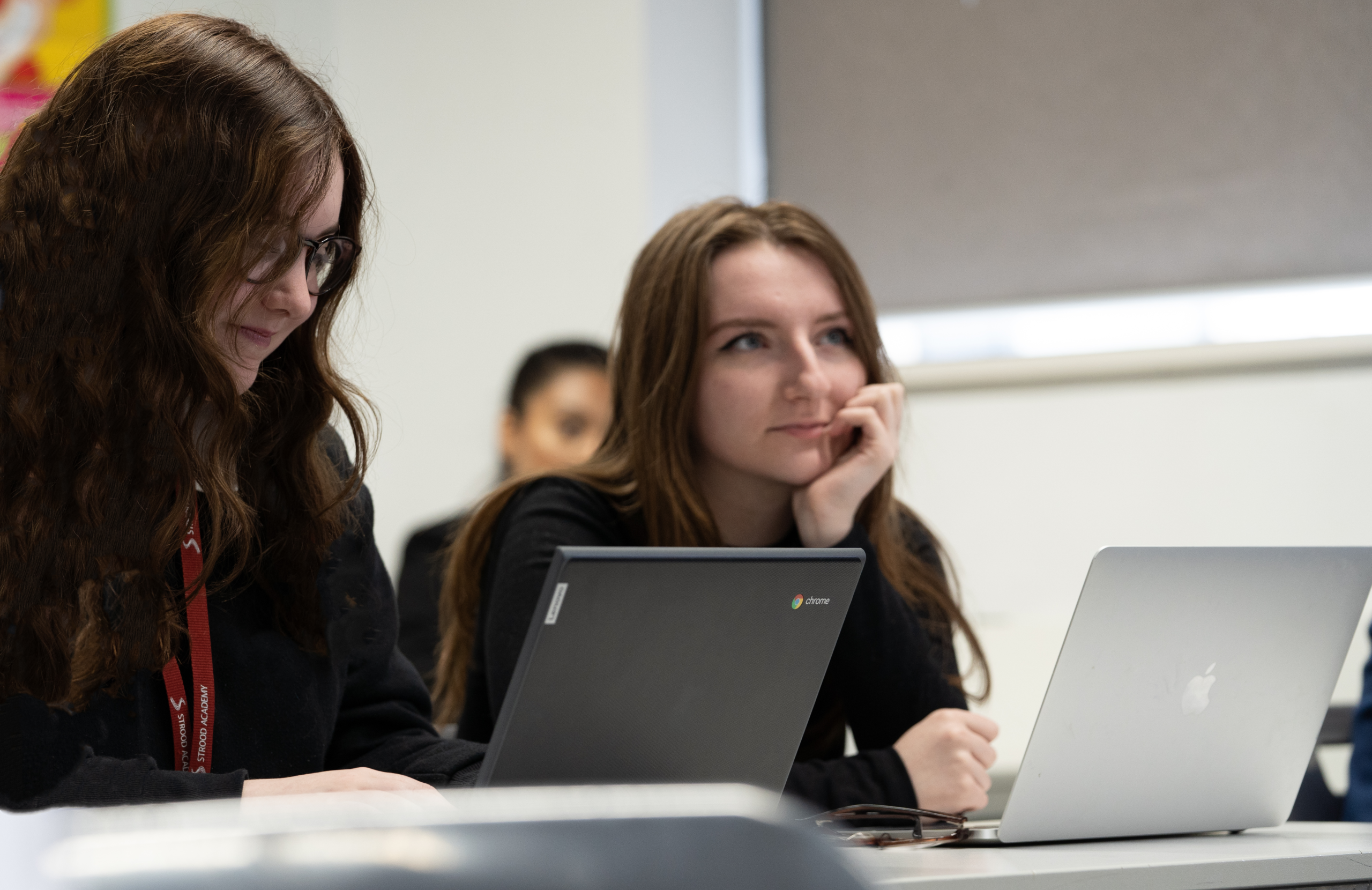
Course Duration
2 Years
Entry Criteria
Grade 4 in English (language or literature)
Grade 4 in maths
Grade 4 in IT / computer science if studied
Merit in BTEC Level 2 in any subject if studied
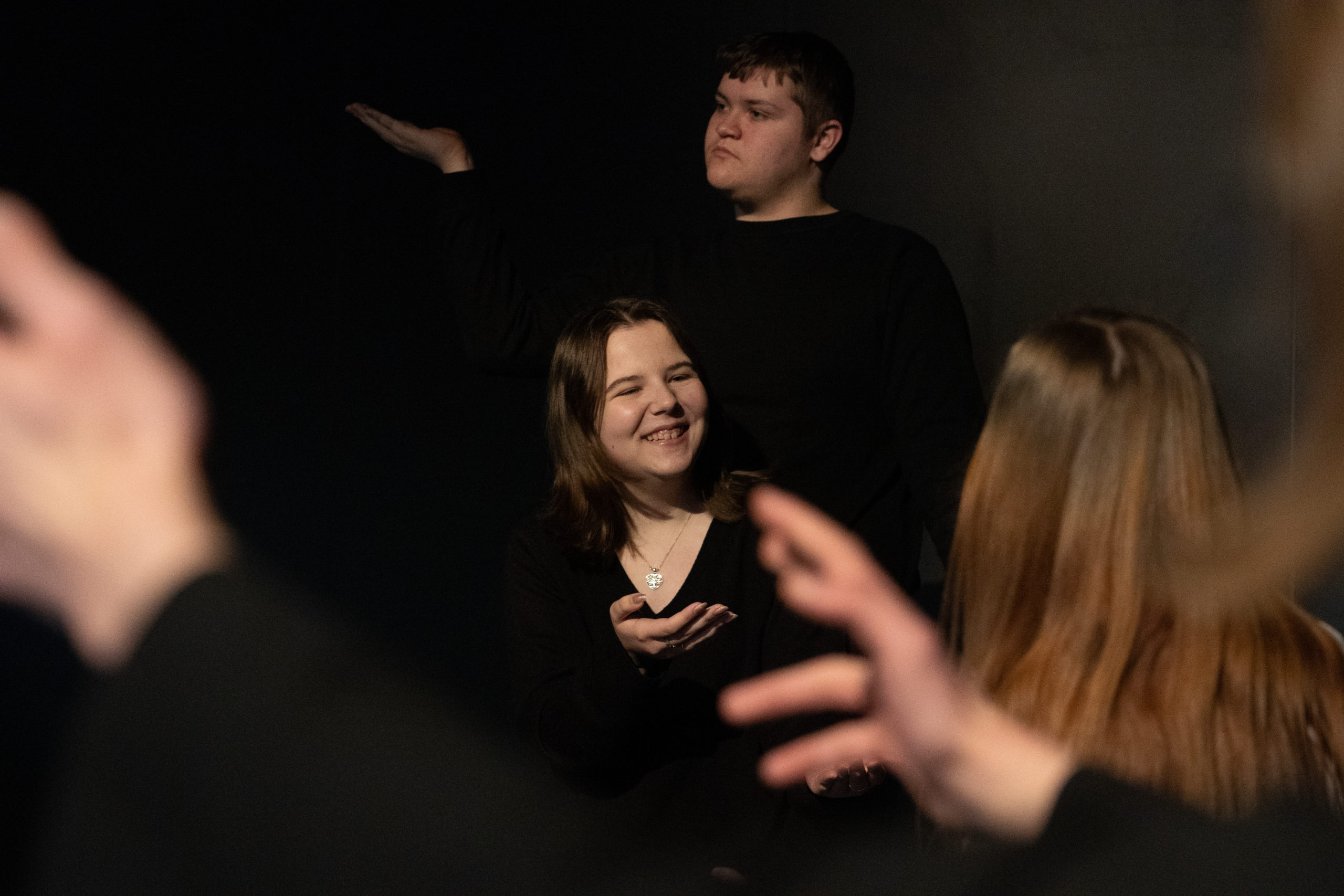
Course Duration
2 Years
Entry Criteria
Grade 4 in English (language or literature)
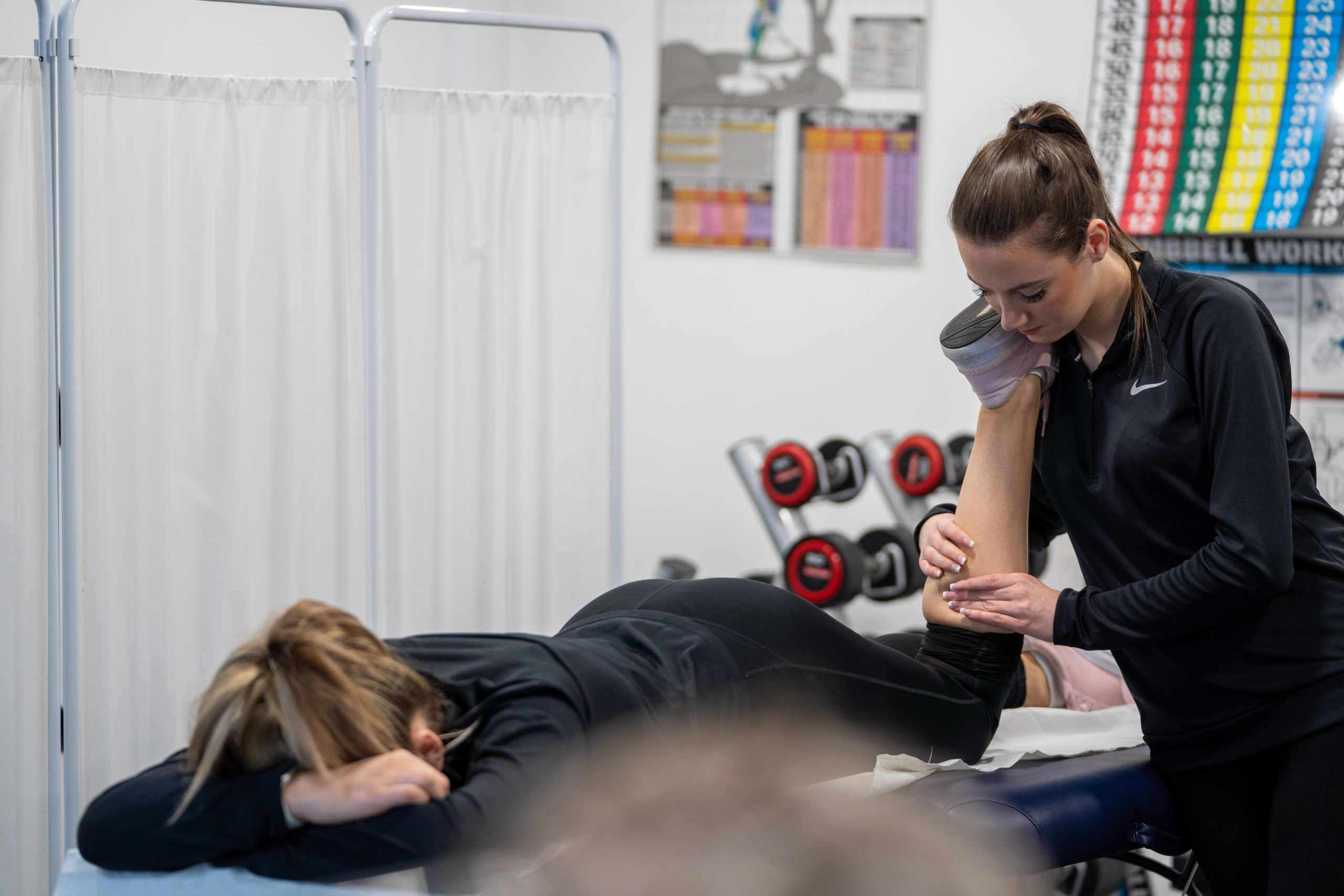
(Extended Certificate)
Course Duration
2 Years
Entry Criteria
Merit in Level 2 NCFE Health and Fitness Award
Grade 4 in English (language or literature)
Grade 4 in maths
Course Duration
2 Years
Entry Criteria
Grade 5 in English (language or literature)
Grade 5 in maths
Grade 5 in science
Course Duration
2 Years
Entry Criteria
Grade 5 in English (language or literature)
Grade 5 in maths